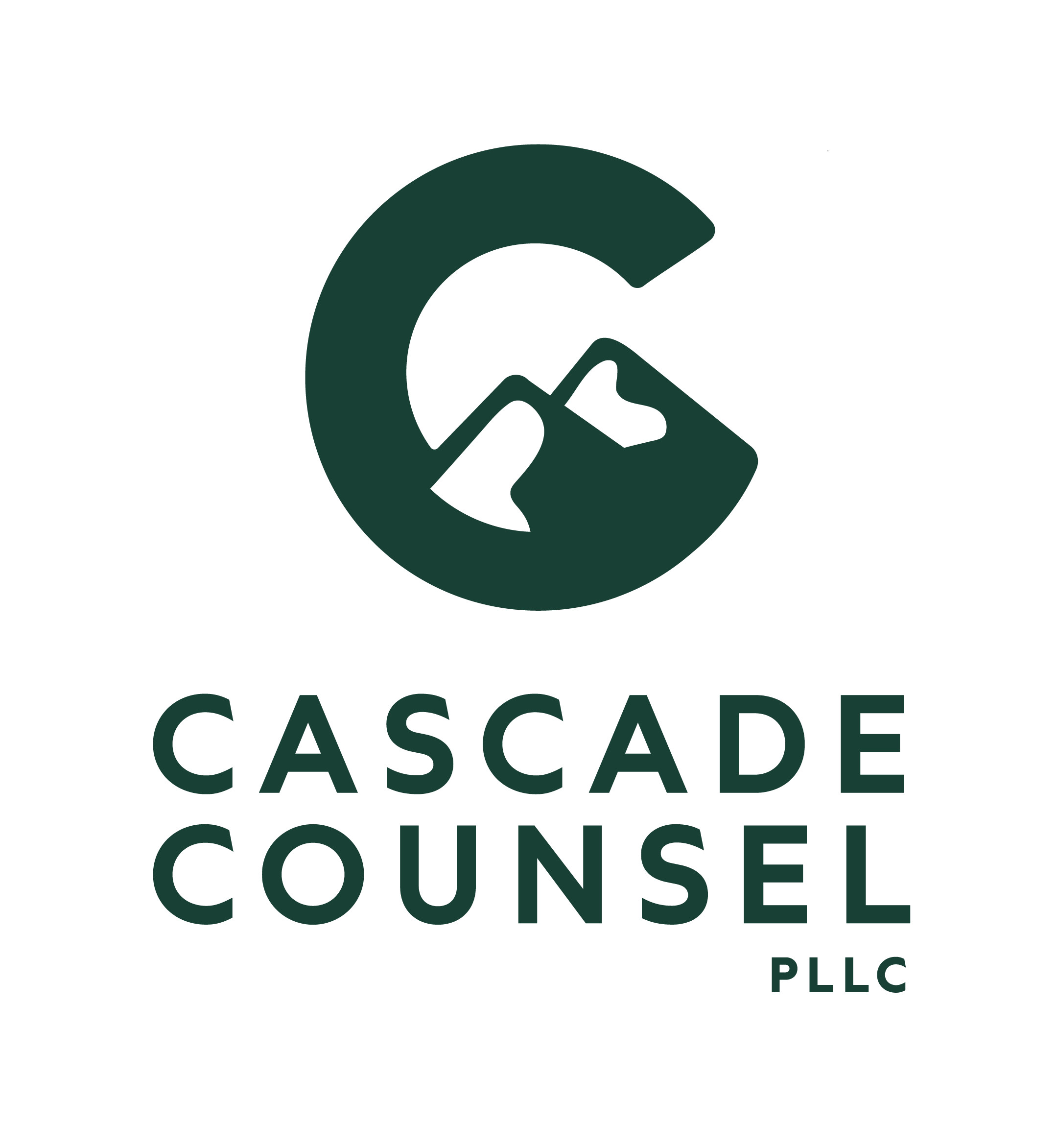Offering Amenities
Enhancing Your Property with Amenities: Legal and Strategic Guidance for Landlords
Discover the best amenities to enhance your property and boost tenant satisfaction.
You want your property to stand out—and amenities can help. But if you’re considering adding features like EV charging, dog runs, or shared gyms, you need to plan strategically. This article walks you through some of the legal responsibilities, practical pitfalls, and smart planning tips for offering high-impact amenities while protecting your investment.


Why Amenities Matter for Landlords
In Washington’s competitive rental market, amenities like in-unit laundry, secured parking, and community spaces help properties attract and retain tenants. These features often support higher rents and longer tenancy. But amenities also create legal obligations—ranging from zoning and building code compliance to accessibility, insurance, and lease structure.
Installing or advertising an amenity without understanding these risks can expose landlords to serious liabilities. That’s why the right legal strategy is just as important as the right appliance.
Strategic Amenity Planning
- Community Amenities: Shared features like fitness rooms, package lockers, EV chargers, and gardens.
- In-Unit Amenities: Private comforts such as washers/dryers, dishwashers, smart thermostats, and balconies.
- Pet Amenities: Dog runs, pet washing stations, or virtual key access for dog walkers.
Not every property needs all three—but thoughtful selection based on tenant demographics, space, and cost can offer a strong return on investment. It’s also worth noting this is just one way of thinking about the different types of amenities with pets being highlighted because pet owners are a particularly large demographic in the PNW. Segmenting by work-from-home, transit usage, smoking, or some other target demographic may also be useful.
- Attractive Nuisances: Potentially hazardous features, like swimming pools and rooftop decks, can increase the likelihood of trespass and injury thus increasing liability risk and insurance costs.
- Assigned Storage, Parking, & Other Limited Resources: No matter how things are assigned, some tenants will think the grass is greener and will be dissatisfied with their assignments. Strongly consider using pricing as a tool for allocation and, where appropriate, separate out assignments into flexible licenses independent of unit leases.
- Discontinuing Amenities: If amenities are advertised but later discontinued or changes, like free Wi-Fi or gym access, these changes could lead to lease disputes, rent reduction claims, and move outs.
Each of these scenarios has a legal solution—if anticipated in the lease and supported by appropriate insurance and vendor contracts.
Community Amenities
Community amenities are shared resources available to all residents and their guests. These features, typically located in communal areas, are a powerful way to enhance your property’s appeal and can directly impact tenant satisfaction and retention. Amenities may be accessible 24/7 or restricted to certain hours depending on usage, noise, and safety considerations.
While laundry rooms and barbecue patios have long been standard, modern tenants increasingly expect more sophisticated offerings—especially in mid- to high-density rental environments. Features like electric vehicle (EV) charging, secure package lockers, wellness studios, and smart access systems are growing in demand across Washington.
- Outdoor spaces: Pools, patios, gardens, barbecue areas, and playgrounds.
- Indoor features: Fitness centers, yoga or meditation rooms, media lounges.
- Functional upgrades: Secured bike storage, package delivery lockers, online rent/payment portals.
- Infrastructure: Assigned or gated parking, EV charging stations, mailrooms.
When managed thoughtfully, these features can increase tenant engagement, support premium pricing, and even improve operational efficiency.
In-Unit Amenities
In-unit amenities are private features installed directly within a tenant’s rental unit. These are often the most effective tools for increasing a unit’s rental value, particularly in competitive submarkets.
Modern renters—especially those working from home—prioritize comfort and convenience. High-speed internet, updated appliances, and environmental controls (like smart thermostats or air conditioning) are increasingly considered baseline expectations, not luxuries.
- In-unit washers and dryers.
- Air conditioning or mini-split systems.
- Modern kitchen appliances (dishwashers, microwaves, smart ovens).
- Private balconies or patios.
- Built-in fireplaces or electric stoves.
- Smart home features: thermostats, locks, lighting.
That said, installation and maintenance costs can be significant. Choosing which in-unit upgrades to offer should be guided by market demand, tenant demographics, and cost recovery analysis.
Amenities for Dog-Friendly Apartments
Welcoming pets is more than just allowing animals—it’s about creating an environment that supports responsible pet ownership. With rising numbers of pet-owning renters, properties that go the extra mile to accommodate animals stand out and can often command premium pricing.
Pet-oriented amenities not only attract long-term tenants but can also foster stronger community bonds and reduce damage complaints—when managed with thoughtful lease language and clear policies.
- Onsite dog runs or fenced play areas.
- Pet wash stations or grooming corners.
- Designated pet relief zones with waste stations.
- Virtual key systems for dog walkers or pet sitters.
- Dog-friendly lobbies, lounges, and flooring.
- Partnership programs with local groomers, walkers, or vets.
Just as importantly, pet-friendly policies should be balanced with clear screening rules, breed restrictions where lawful, and clear protocols for damage mitigation or noise complaints. With the right setup, a pet-friendly model can be both profitable and sustainable.
Pros and Cons of EV Charging Stations
With more tenants prioritizing sustainability, electric vehicle (EV) charging stations are quickly becoming a sought-after amenity. Installing EV infrastructure can significantly enhance a property’s appeal and long-term value. However, the associated costs, maintenance needs, and legal requirements can make implementation complex. If you’re considering EV charging for your property, legal guidance is essential—especially when exploring incentives under the Inflation Reduction Act and local programs.
The Pros

Attractive amenity
EV charging stations are still relatively uncommon at multifamily properties. Adding them now can give your property a competitive edge and appeal to forward-thinking tenants. As EV adoption grows, this amenity is only becoming more valuable. Even level-1 access (wall outlets) can be attractive for commuters.

Environmental benefits
Electric vehicles reduce greenhouse gas emissions, and offering EV charging aligns your property with green initiatives. This can attract eco-conscious tenants and support broader sustainability goals.

Increased property value
Properties with EV infrastructure may attract more attention from buyers and investors. These features signal modern amenities and future-readiness, potentially boosting resale value. Particularly true in mixed-use applications where public charging traffic can help drive foot traffic for retail tenants.

Source of revenue
Many EV charging systems support user billing, creating a new revenue stream for landlords. Residents may be willing to pay a premium for on-site charging, especially in areas with limited public options.

Government incentives
Federal and local programs offer tax credits and grants to offset installation and maintenance costs. These incentives can significantly reduce upfront expenses—but navigating the rules requires careful planning.
The Cons

Upfront costs
Installing EV stations—especially DC fast chargers—can be expensive. Hardware alone may range from $10,000 to $40,000 per unit, with additional construction and electrical upgrades adding to the bill. Though, level-1 and -2 solutions can be significantly more affordable.

Ongoing maintenance
EV charging stations require routine upkeep and specialized service. Depending on your equipment, only certified technicians may be qualified to handle maintenance, which can lead to downtime and higher costs. Service contracts are just as important to review as hardware and infrastructure decisions.

Problematic infrastructure
Older buildings may not have sufficient electrical capacity to support EV charging. Upgrading electrical panels or transformers can be costly and may trigger further permitting requirements. This can be especially true for older parking garages, which may present elevated fire risks.

Space and parking allocation
Charging stations require dedicated parking spaces, which may be limited in urban or high-density developments. Allocating space for EVs often means reducing general or guest parking.

Legal and liability challenges
EV infrastructure raises new legal considerations, including use agreements, utility regulation, insurance coverage, and ADA accessibility. Improper installation or unclear policies can expose landlords to compliance and liability risks.
EV Tax and Policy Incentives
Landlords exploring property improvements like EV charging stations, solar panels, or energy-efficient upgrades may qualify for valuable tax incentives under federal and state programs. The Inflation Reduction Act offers credits for green infrastructure investments, while Washington and local jurisdictions provide additional grants or abatements for projects that align with sustainability, historic preservation, or affordable housing goals. These incentives can significantly reduce installation costs, improve return on investment, and position your property as a forward-thinking, eco-conscious choice for tenants. However, eligibility often depends on meeting specific technical and documentation requirements—making it essential to plan ahead and seek legal or tax guidance when applying.

Disclaimer
This article is provided for informational, educational, and marketing purposes only and does not constitute legal advice. The content is current as of its publication or last review and may not reflect the latest legal developments. Do not rely solely on this information—consult a qualified attorney regarding your specific situation.
Build Value, Avoid Risk
Adding amenities is more than a cosmetic upgrade. It’s a strategic business decision with legal and operational consequences. Done well, amenities can increase property value, tenant satisfaction, and long-term revenue. Done poorly, they can lead to compliance failures, liability, and rent disputes.
Before adding or advertising any new amenity, contact Cascade Counsel for a consultation. We help Washington landlords assess feasibility, protect themselves through tailored leases and vendor contracts, and unlock public incentives where available. Let’s turn your property improvements into smart investments—legally and strategically.
